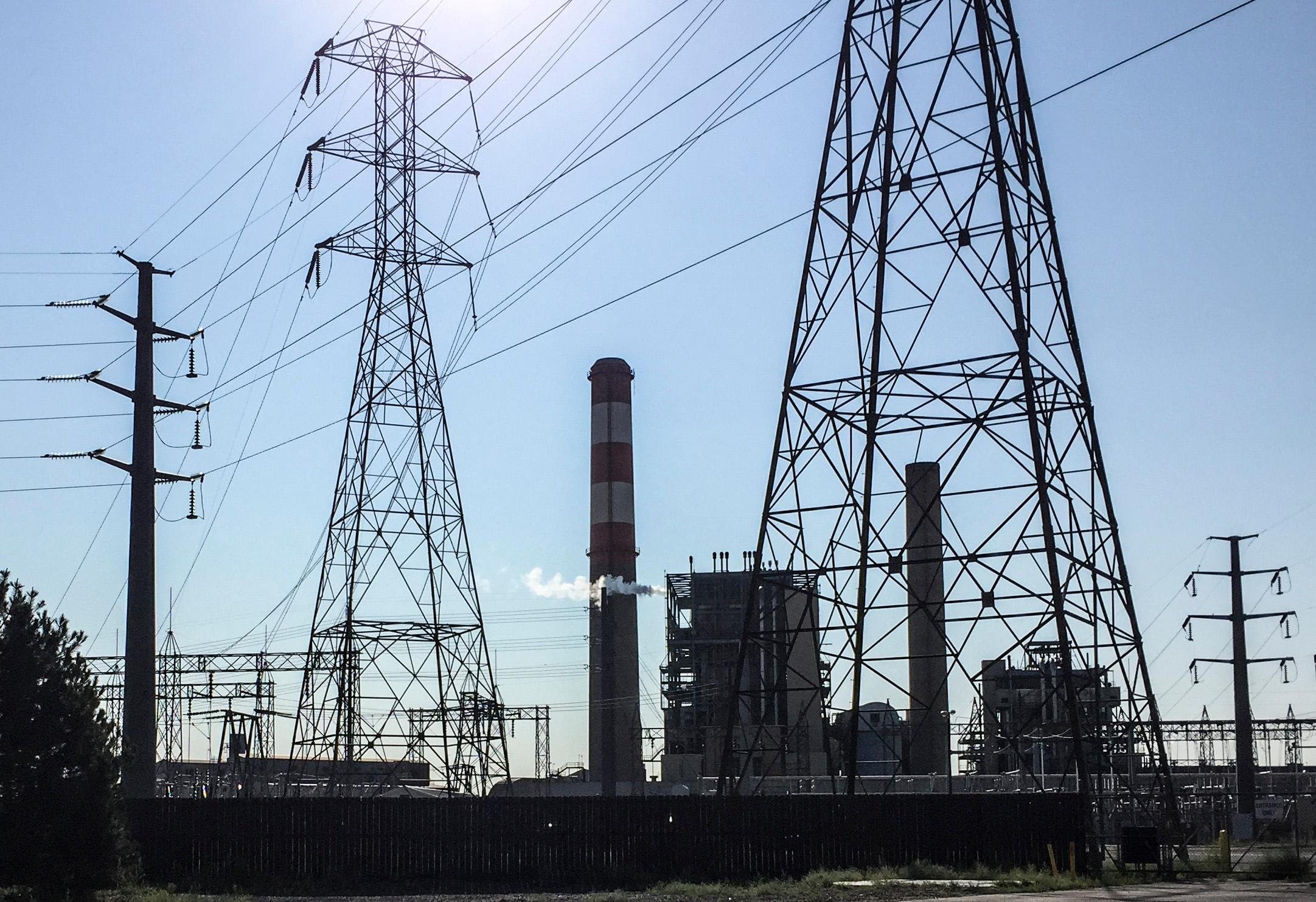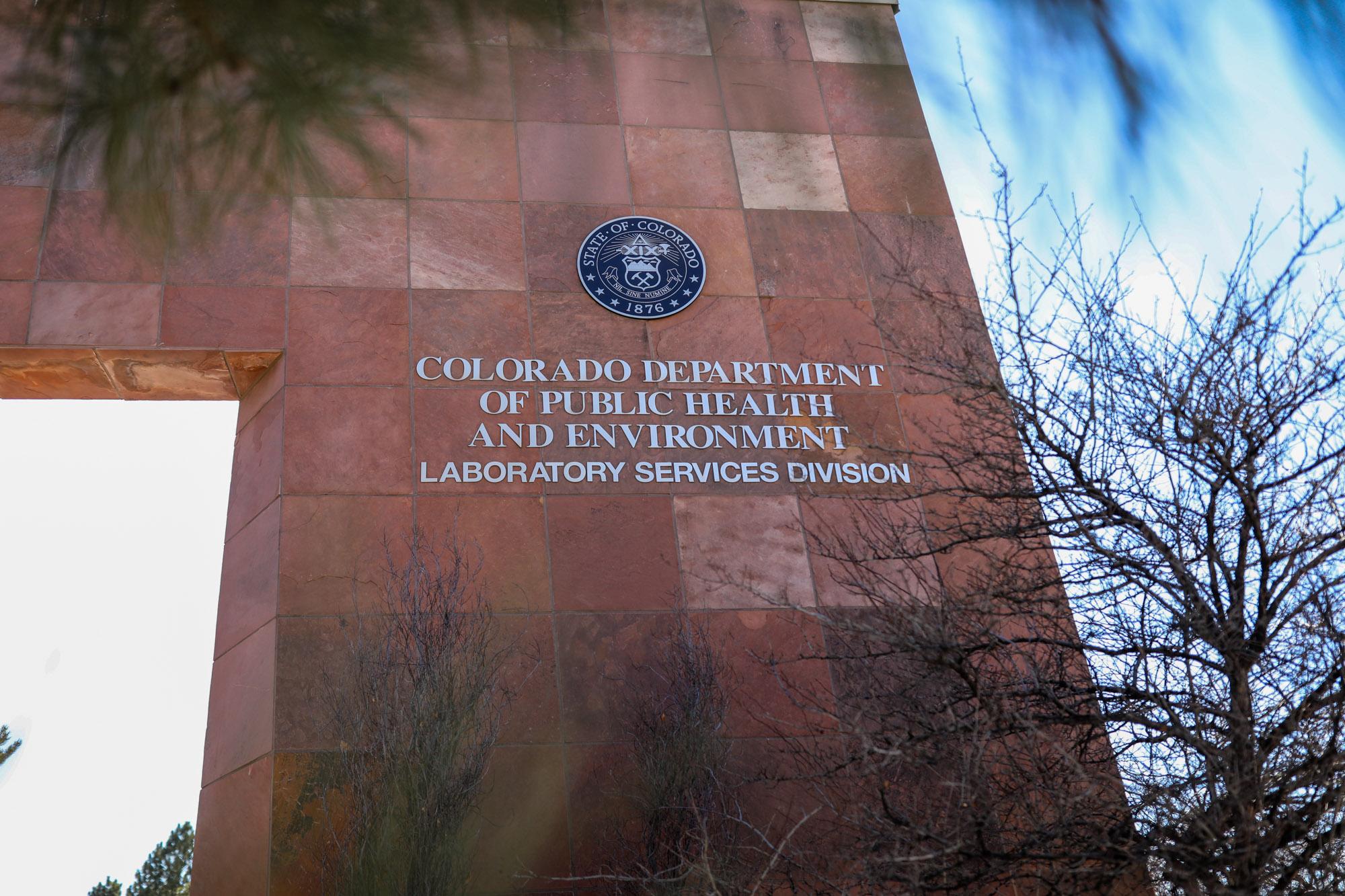
Colorado’s largest utility announced ambitious new carbon reduction goals beyond their current target of 60 percent reduction in the state by 2026. Across the eight states that it serves, Xcel Energy now plans for a carbon reduction goal of 100 percent by 2050.
“Our biggest energy source in a few short years is going to be renewable energy. We’re going to absolutely integrate as much of that as we can into the grid,” said Xcel Energy Chairman and CEO Ben Fowke.
Xcel purposely did not declare a 100 percent renewable energy goal because Fowke said “there will be other technologies that we will need on the grid to get us to that 100 percent carbon [goal].” Those include battery storage technology and potentially carbon sequestration.
Colorado approved Xcel’s pursuit of a new renewable energy mix in August. The move will result in more solar and wind farms, as well as one of the largest battery storage projects in the West. Part of the pact includes the early retirement of two coal-fired generators in Pueblo.
“When your customers are asking for this over and over you really do listen,” Fowke said. “Boulder, the city of Denver, Breckenridge... Pueblo, they’re considered or they have already decided that they want to pursue 100 percent renewable.”
The utility’s new goal is good news for Gov.-elect Jared Polis, who pledged a 100 percent renewable energy goal as part of his campaign.
The Xcel announcement is part of a wave of utilities announcing big carbon reduction goals. NIPSCO in Indiana sped up retirement of coal plants in favor of renewables. Midwestern Utility MidAmerican announced it will reach 100 percent renewable energy by 2020.
The economic tide is shifting against fossil fuels in favor of wind and solar. The U.S. Energy Information Administration now expects the nation’s coal consumption to be the lowest in 39 years. The largest user of coal is electrical generation.
A new report by investment bank Lazard finds that renewable energy is cheaper than the cost of coal-fired power plants. An analysis earlier this year reported that the Western Colorado electricity provider Tri-State Generation & Transmission Association could save customers money by shifting away from coal. Tri-State refuted the analysis, but now faces member utilities in Delta-Montrose and La Plata County that are on the hunt for more renewables.









